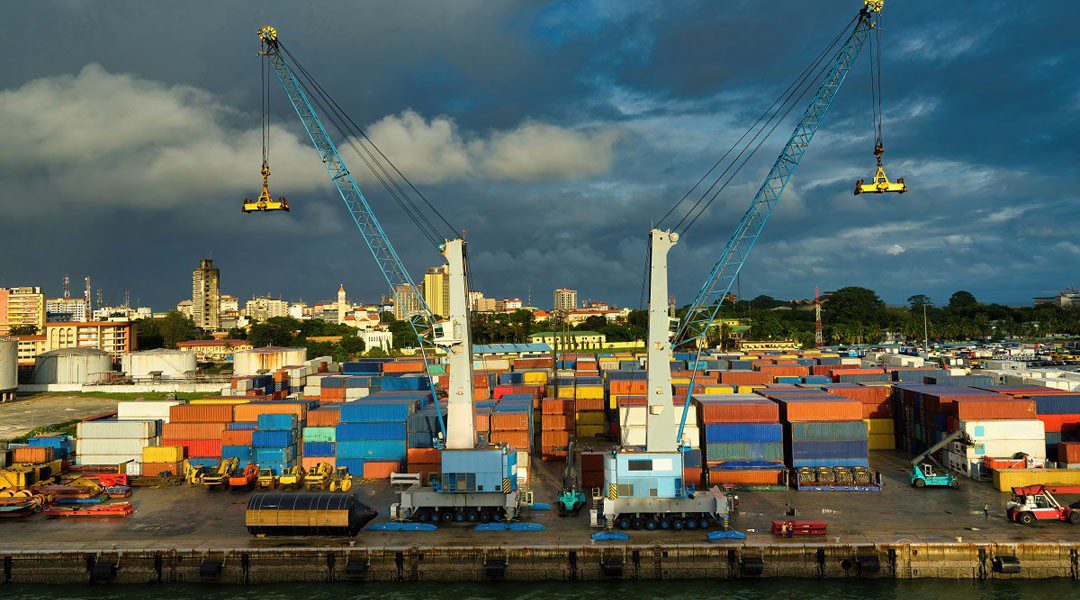BUSINESSES in singapore are feeling the impact of South Korea’s nationwide truckers’ strike, which has led to supply chain disruptions.
Thousands of cargo truck drivers in South Korea have been on strike for more than two weeks over a lack of progress on wage demands, with talks between workers and the government reaching a stalemate so far, reports Singapore’s CNA.
The strike has already disrupted supply chains and cost the country about KWR3.5 trillion (US$2.6 billion) in lost shipments. It has also reduced shipments of petrochemicals overseas to about 5 per cent of normal levels.
Some Singapore businesses have reported lengthy shipping delays for Korean goods, forcing them to look for alternative supplies and driving up their costs and prices.
Among those affected by the disruptions is Korean restaurant Kko Kko Na Ra.
‘We import flower crabs directly from Korea monthly,’ said the eatery’s owner Eon Lee. ‘Because of high customer demand amid logistical delays, we had no choice but to import ingredients via air freight.
‘If this problem persists, we might have to increase our prices by 20 to 30 per cent. We have no choice,’ said Ms Lee.
‘This isn’t good for us, or our customers. So we are worried, and we hope the situation stabilizes soon.’
Apart from food products, the strike has also affected other Korean imports to Singapore.
Thousands of truck drivers, represented by the Cargo Truckers Solidarity union, have been on strike since November 24.
So far, there has been no breakthrough in negotiations. The government said the walkout is illegal and warned of tougher measures, but union members remained defiant and vowed to continue their struggle.
The impact of the strike on Asia’s fourth-largest economy has spilled over to other domestic industries.
Last Thursday, Seoul ordered striking truck drivers in the petrochemical and steel sectors to return to work – more than a week after a similar order was issued to cement truck drivers.
Truckers who fail to comply with the orders could face punishment of up to three years in jail or a maximum fine of about US$22,700.






